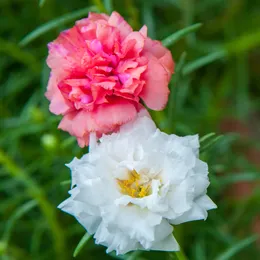Search Plants
Try for Free
English


Top 20 Most Common Plants in Mizoram
In Mizoram, you can find Asian Rice, Golden pothos, Madagascar periwinkle, Moss rose, Arrowhead plant, and more! There are 20 types of plants in total. Be sure to look out for these common plants when you’re walking on the streets, in parks, or public gardens.

























More Plants in Mizoram

Most Common Flowers

Most Common Trees

Most Common Flowers of Winter